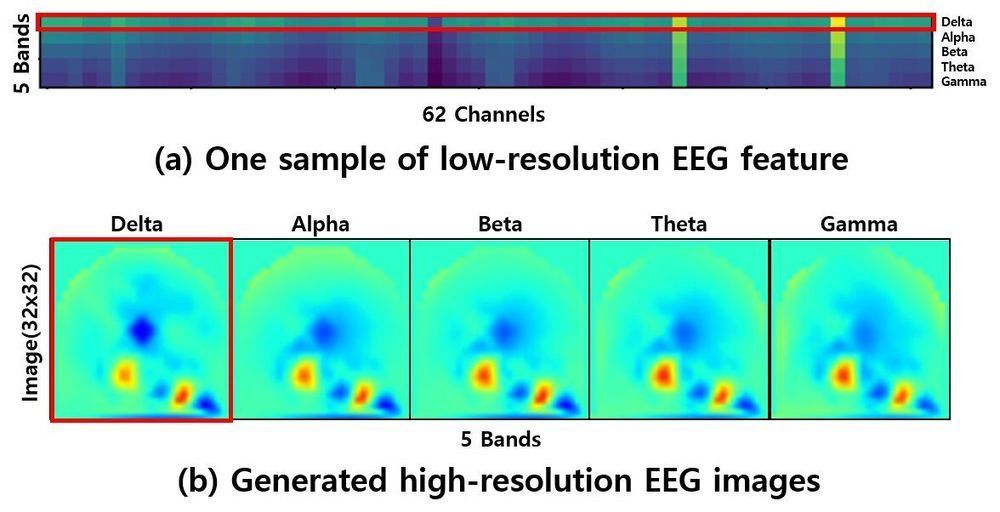Recent advances in machine learning have enabled the development of techniques to detect and recognize human emotions. Some of these techniques work by analyzing electroencephalography (EEG) signals, which are essentially recordings of the electrical activity of the brain collected from a person’s scalp.
Most EEG-based emotion classification methods introduced over the past decade or so employ traditional machine learning (ML) techniques such as support vector machine (SVM) models, as these models require fewer training samples and there is still a lack of large-scale EEG datasets. Recently, however, researchers have compiled and released several new datasets containing EEG brain recordings.
The release of these datasets opens up exciting new possibilities for EEG-based emotion recognition, as they could be used to train deep-learning models that achieve better performance than traditional ML techniques. Unfortunately, however, the low resolution of EEG signals contained in these datasets could make training deep-learning models rather difficult.
